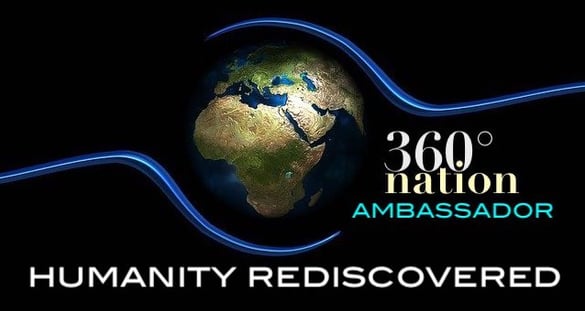"I define connection as the energy that exists between people when they feel seen, heard, and valued; when they can give and receive without judgment; and when they derive sustenance and strength from the relationship."
–Dr. Brené Brown
A while back, I shared a piece titled, How Much is a “Like” Worth? Whether you blog, vlog, or share someone else’s, checking all those looks, likes, and shares is part of the game. The pull of social media addiction isn’t all in our heads. It’s quite real, thanks to dopamine and oxytocin: two neurotransmitters that make us feel good.
Every positive interaction on social media activates the reward center in the brain and gives us a little boost of dopamine. It feels good and so we keep coming back for more. When we connect with others, the brain produces a hormone called oxytocin. It’s often called the cuddle drug or the love hormone because the strongest surges are produced during breastfeeding and sex. But, we generate it when we feel a sense of belonging or connection. And, the brain has a hard time differentiating between a face-to-face connection and an online connection.
When we share content that people like and share and comment on, we get a healthy dose of those good chemicals. But, we also gain social currency. Overwhelmingly, people feel better about themselves when others react positively to what they post on social media. Conversely, when people don’t acknowledge us online or we are ostracized by way of nasty comments or online bullying, our social currency goes down along with our self-image.
While technology and social media enables us to interact with people, enhance communication and personal connections, the very nature of the anonymity makes it easier to say things to others that we wouldn't say in person. It's much harder to be mean and hateful to the person in front of you than the name on the screen.
The same areas in our brains are activated when we experience social rejection as when we experience physical pain. That’s why we feel hurt when only 5 people like that selfie or our closest colleagues don’t retweet that LinkedIn article. It’s why ghosting is considered a form of emotional cruelty. It's why online bullying leads to depression and even suicide.
The irony of social media lies in the illusion of connection. We look to technology to engage with others and that same technology makes it easier to disengage and protect ourselves from human to human interaction. It also makes it easier to be hateful. Never before have we had more opportunity for social interaction. Perhaps it’s time to redefine what engagement really means.
I'm excited to share a "conscious community," one defined as a place "where people are bound together by choice, founded upon a universal good-faith commitment to listen, understand, respect, empathize with, and support one another. A place for giving and receiving without judgment. An authentic, fresh, uplifting exercise in relational diplomacy – recognizing that the relationship between people of diverse backgrounds and expertise is the foundational building block for uniting the world. Rich, adult conversations. Thoughtful engagement. Real relationships. Humanity at it’s very best." - Dennis Pitocco
Given how divisive we've become lately, it seems like that's a pretty good place to hang out these days. As an ambassador, I invite you to join me at 360° Nation. Take a look around and see what you think. I'm betting you'll find a conversation or two to enjoy and a place to be seen, heard and valued.
I'll save you a seat!









